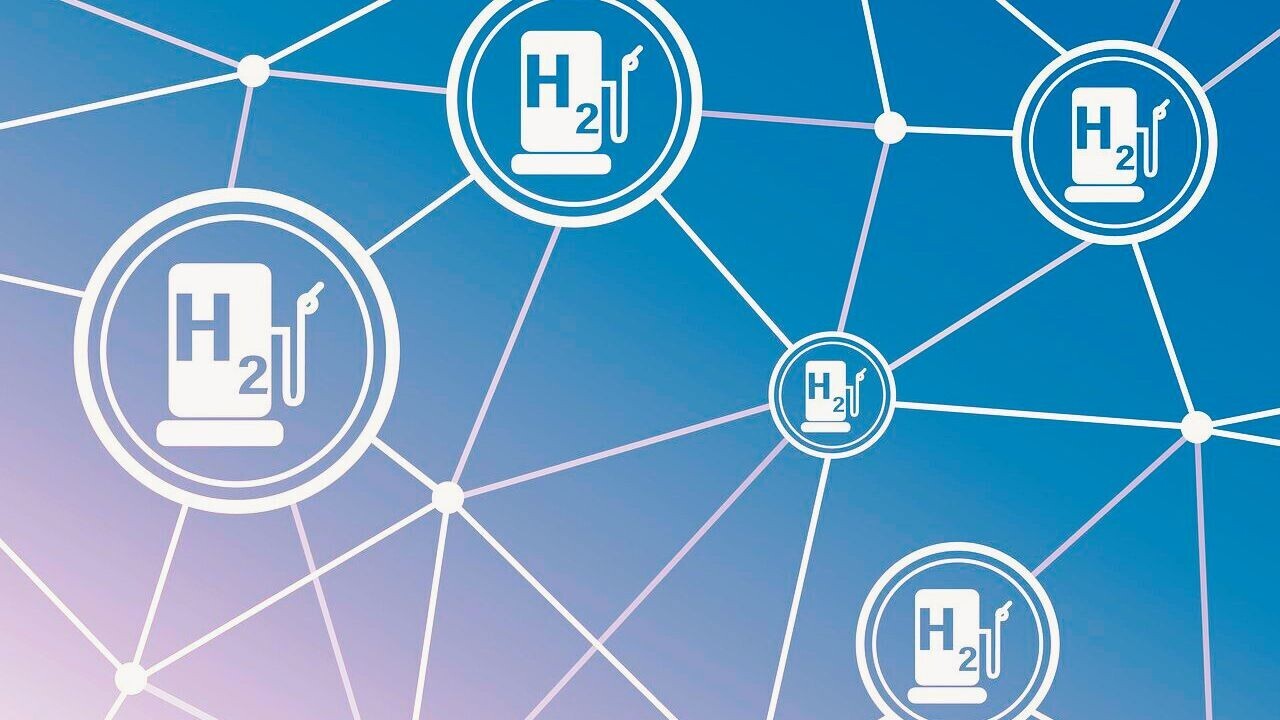
While our transition to renewable energy is critical if we are tomeet our climate targets, fully relying on sources such as solar and wind still presents a major challenge: efficient and sustainable storage.
Now, a German research consortium led by Fraunhofer IZM aims to tackle this problem with a zinc battery technology that can not only store electrical power, but also produce green hydrogen on demand.
To realise this goal, the research institutions teamed up with two commercial partners (Zn2H2 and Steel PRO Maschinenbau) to work on the Zn-H2 project.
The group opted to experiment with zinc batteries that, compared to their lithium-ion counterparts, aren’t just cheaper. They also consist of fully-recyclable and more easily available materials: steel, zinc, and potassium hydroxide. The researchers then added alkaline water electrolysis to the mix, which resulted in a completely new technology.
Dr. Robert Hahn of Fraunhofer IZM explained how the chemical processes inside the battery work: “During charging, the water oxidizes into oxygen, while reducing the zinc oxide to metallic zinc. This reverts back to zinc oxide during discharge. The water is again reduced and releases hydrogen. This is a unique combination of a regular battery and a source for hydrogen.”
The researchers have run lab tests on individual battery cells to evaluate their efficiency and stability over a number of cycles, proving that their system works. By the end of the year, they plan to test eight interconnected cells, each with a capacity of about 12V and 50Ah.
According to the team, “first tests promise 50% efficiency when storing power and 80% when producing hydrogen — with an estimated life expectancy of ten years.”
Their vision is to realise an industrial-scale, electrically rechargeable hydrogen storage system with a twofold function: storing energy in the form of metallic zinc and turning it back into electrical power and hydrogen when needed. They also believe that the zinc batteries’ lower cost renders the technology an attractive alternative for commercial green energy storage.
The Zn-H2 project is scheduled to end in September 2025, aiming to further enable our green energy transition. Unlocking the power of green hydrogen (which currently accounts for only about 1% of global hydrogen production) can not only help decarbonise high-emitting industries such as chemicals and steel manufacturing, but also supply electricity and heat for domestic use.
Get the TNW newsletter
Get the most important tech news in your inbox each week.




